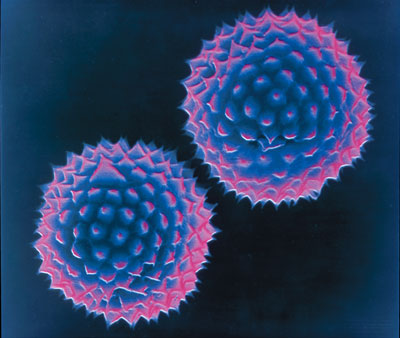Our Definition
An allergy is a reaction to a substance called an allergen. Allergens are for the most part harmless; the invaders are not viruses or bacteria, they are pretty much harmless substances like pollen, molds, dust and foods like milk, peanuts, eggs, and seafood.
Allergens can also be found in drugs like penicillin, and also found in insects. Anyone can have an allergy young or old; an allergy can develop at any time (even right now).
Allergies can be injected, swallowed, and you can even breathe it in while you’re sleeping. They can come and go at anytime, and can be outgrown.
Allergies can affect your entire body from something as small as a runny nose to a rash all over your body, breathing problems, and even death.
Real Definition
A misguided reaction to foreign substances by the immune system the body system of defence against foreign invaders, particularly pathogens (the agents of infection). The allergic reaction is misguided in that these foreign substances are usually harmless. The substances that trigger are called allergen. Examples include pollens, dust mite, molds, danders, and certain foods. People prone to allergies are said to be allergic or atopic.


